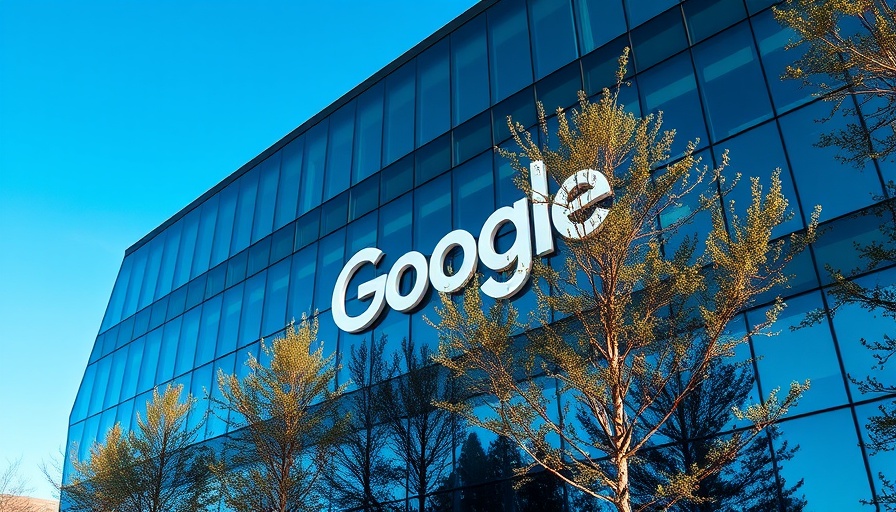
Understanding the Case Against Cox Communications
The looming Supreme Court case involving Cox Communications, supported by tech giants such as Google, Amazon, and Microsoft, marks a critical juncture in internet service regulation. The case is rooted in a controversial ruling from the Fourth Circuit Court of Appeals, which held Cox liable for its customers' copyright infringement activities, leading to a staggering $1 billion judgment. This precedent poses serious risks for internet service providers (ISPs), potentially transforming their operational landscape.
What’s at Stake for ISPs?
The Fourth Circuit’s ruling contends that Cox could be penalized for merely knowing about piracy without taking direct action against it. This has raised alarms among tech companies and legal experts alike, who view it as a slippery slope towards excessive liability that could engulf all ISPs. Currently, the Digital Millennium Copyright Act (DMCA) offers a framework that protects ISPs from liability if they cooperate with copyright holders. If the appeals court's decision stands, it could redefine this protection into a weapon against service providers.
The Broader Implications for Online Service Providers
As Google, Amazon, and Microsoft have articulated in their joint brief, the implications of the ruling could reach far beyond Cox. Should this ruling remain in force, it could lead to ISPs becoming overly cautious—often described as 'internet police'—where providers would need to monitor user behavior stringently to avoid liability for incidental misconduct among users. This could hinder millions of users’ access to online services, impacting everything from streaming to educational resources, and ultimately stifling the innovation that the internet promotes.
Government Support for Cox's Stance
The US government, represented by the Solicitor General, has also thrown its support behind Cox, corroborating the idea that ISPs should not face liability simply for failing to act on infringement notices. This backing underscores a larger judicial acknowledgment of the fine balance required in maintaining a free and open internet while respecting copyright laws.
The Future of the Internet Economy
With stakes this high, many are concerned about how the court’s decision could unravel the internet economy. Experts argue that overly broad liability could lead to frivolous lawsuits, causing providers and content platforms to become excessively risk-averse. This caution could dampen the spirit of creative sharing and collaboration that epitomizes the online experience, potentially alienating users and stifling growth in digital industries.
What Homeowners and Renters Should Know
For homeowners and renters exploring high-speed internet options, the outcome of this case could influence not just the quality of service but how ISPs interact with customers in terms of service agreements. An unfavorable ruling could result in stricter policies where providers limit access to certain users or enforce policies that might feel invasive.
In conclusion, the Supreme Court’s decision in this case is likely to alter the fabric of internet usage and service provision—a development that every internet user should watch closely. Homeowners and renters, in particular, might find themselves at the mercy of new regulations that could reshape their access to online content and services.
Call to Action
Stay informed about this crucial case as it unfolds. Understanding its implications could enhance your negotiating power and awareness as you choose your high-speed internet provider.
 Add Row
Add Row  Add
Add 




Write A Comment